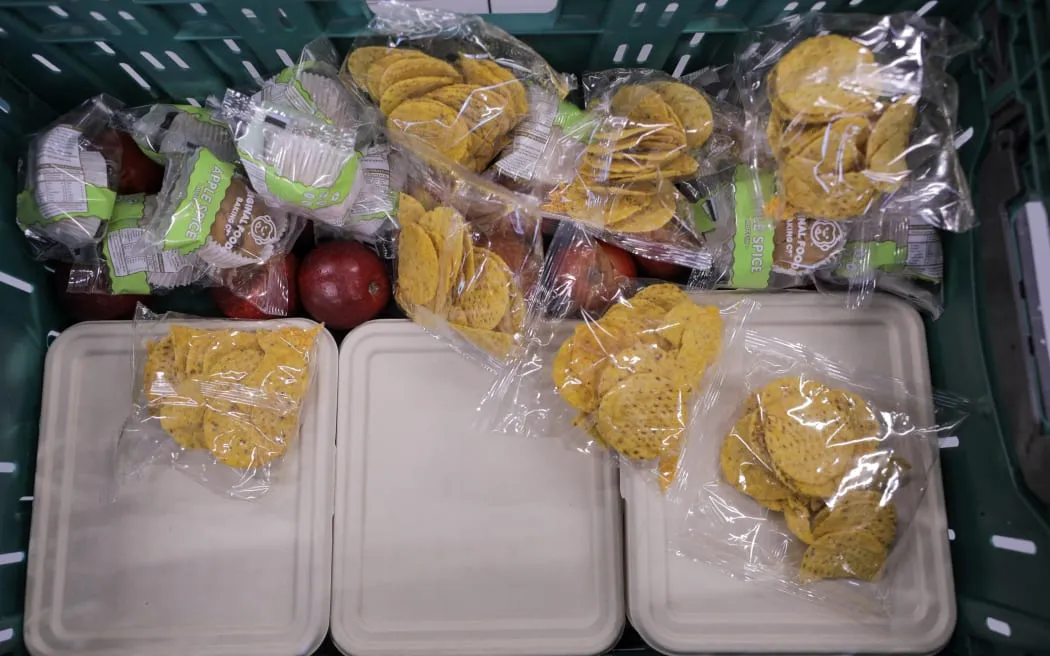The New Zealand school lunch programme has been making waves in the education sector, providing healthy and affordable meals to students across the country. But is it working effectively? A new report on the programme sheds light on its successes and challenges.
**The Programme’s Origins**
The school lunch programme was introduced to address the issue of unhealthy food being too expensive for families. The programme aimed to alleviate stress for many whānau (Māori family) by reducing grocery bills and the cost of living. One whānau member said: “To prepare a healthy lunch takes time, we are hard [working] and [do] long hours [on the farm]. I actually look at this like a bit of ‘tax break’ – it’s a targeted tax break for the parents of kids.”
**Improvements in Student Health**
Public health nurses noted anecdotal improvements in student health, with fewer cases of impetigo (school sores), headaches, malnutrition, constipation and abdominal pain, and some instances of enhanced dental health. School and kura using the internal model – where schools were funded to produce the food themselves rather than getting it from a third party provider – appreciated the opportunity to employ members of the community, often older people, including kuia and kaumātua Māori.
**Challenges Ahead**
However, the programme still faces challenges. One school in Naenae has questions over the new system, citing concerns about the cost and logistics of producing meals on-site. The report made a number of suggestions, including using feedback loops from students to providers to improve or refine meals, as well as a recommendation that the ministry do further research to explore the long-term impact of providing school lunches on public health.
**Conclusion**
The school lunch programme has shown promise in improving student health and reducing stress for whānau. However, it is clear that there are still challenges ahead. The report’s recommendations offer valuable insights into how the programme can be improved and expanded. As the government considers the long-term impact of providing school lunches on public health, it is crucial to continue monitoring the programme’s progress and making adjustments as needed.
**Additional Report**
A daily newsletter curated by our editors and delivered straight to your inbox every weekday. Sign up for Ngā Pitopito Kōrero.

0 Comments